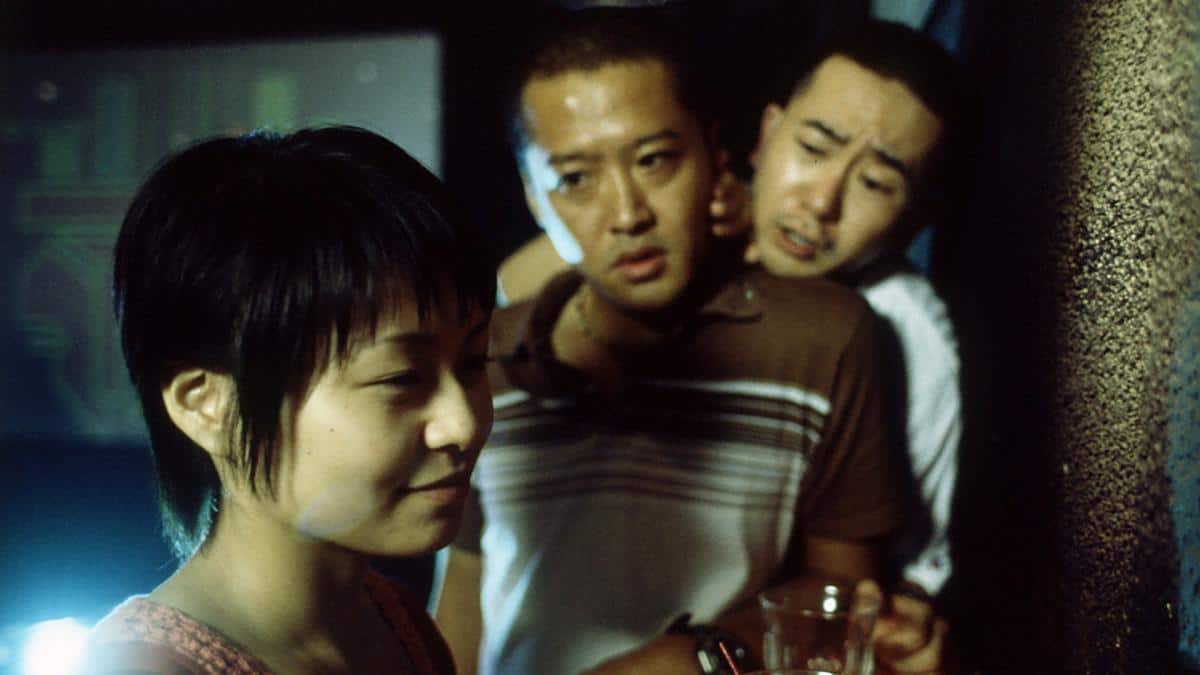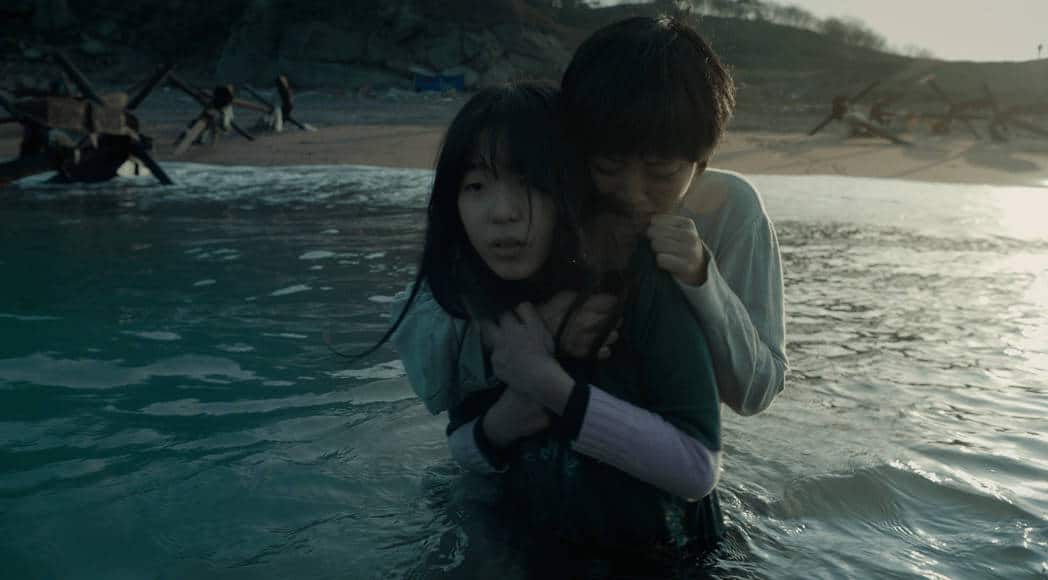In the opening of the film, national police service officers escort a vice mayor down the brutally desolate road that witnessed the true historical events of the Bataan Death March in 1942. The vice mayor begins talking about his family lineage, and the fact that he would not be here today if his elders had not escaped the grip of the Imperial Japanese Army. This first scene might seem confusing to viewers at first, but they will realize shortly afterward that it sets the tone for the remainder of the film. In “Arisaka”, Filipino director Mikhail Red (known for Dead Children, the first ever Netflix original film from the Philippines) explores layers upon layers of intergenerational trauma in what is essentially a classic revenge-action movie with thematic twists and turns.
“Arisaka” screened at NFMLA Monthly Film Festival – InFocus: Asian Cinema

As with many revenge movies, the plot is simple enough: National police service officer Mariano and her colleagues are escorting the vice mayor to bring findings related to government corruption to the authorities. But almost immediately after seeing the sign indicating the area of the Death March, some crooked cops end up sabotaging their plans and leaving Mariano on her own to survive in the woods.
That's all that can be revealed about the plot without spoiling anything, but it goes without saying that intense action sequences will keep viewers on the edge of their seats for the movie's hour and a half runtime (and especially during its final moments). This is complemented by Mikhail Red's directorial vision, Anton Santamaria's screenwriting and a masterful performance from popular Philippine actor- singer Maja Salvador. In addition, the forests of the Philippines provide a stunning backdrop for the film, and the film's colors—dark hues of green and blue—add a moody and ominous touch to its overall tense tone.
Although the thematic messaging in Arisaka is both touching and important, there are nonetheless some moments where it feels a little too obvious; viewers looking for subtleties might find, from time to time, that they are being spoon-fed metaphors and lessons. But even though these moments are easily identifiable, they never last long. In other words, the action sequences in this fast-paced movie give it a great momentum, and balance well with the darker themes the movie explores.
Asides from that, “Arisaka” follows many of the generic tropes of a revenge movie: There's the merciless gangster, the injured underdog, and the unexpected friendships and other elements typically seen in the genre. But rather than taking away from the film, these tropes actually just make the ride way more fun. It may be up for debate whether “Arisaka” is director Mikhail Red's best work to-date, but the intensity makes it fun, and the messaging, when not too overwhelming, makes it thought-provoking.















